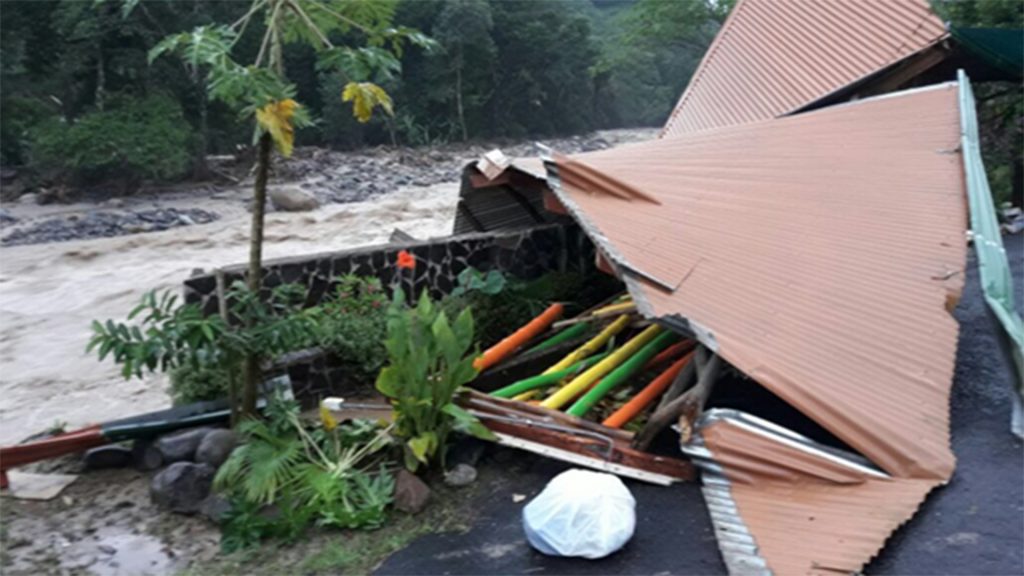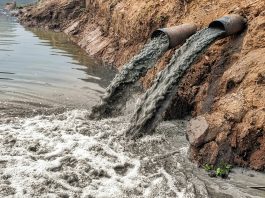The University of Lynchburg’s Dr Thomas Shahady argues that a sustainable water future depends on preparation now.
In its most basic sense, sustainability is the use of resources in a manner that is mindful of future generations; it concerns striving for preservation for those generations. Concerning sustainable water management, a more robust definition that includes proper supply, adequate use, and good sanitation are required. In this sense, the system must produce high quality water reliability and show resilience from extensive use and impacts from a variety of stressors. Water management systems should perform ‘as built’, providing all that depend upon this resource a sense of reliability and function. The performance of the system needs to be adequate under extreme or unexpected conditions; it needs to show durability. And to be truly sustainable, the system must persist through intergenerational time periods while maintaining such integrity.
Critical components
Considering the importance of water, there are a surprising number of limitations in our understanding. To build sustainable systems without an understanding of these critical components is difficult. In many instances, issues such as water supply and water quality are assumed to be sufficient without any knowledge of how well the critical components of the system are working.
For example, aquifers throughout the world are now providing needed irrigation, drinking water, and sanitation services. Yet, the size of the recharge area, the fluctuation of depth due to withdrawals and infiltration, or the rate of groundwater purification are unknown. We assume that just because the system has supplied our needs in the past it will continue to do so in the future, while we see significant changes all around us. We need a better understanding of these systems so the addition of septic tanks, drinking water wells, and crop or livestock irrigation can be properly supported.
Sustainable water systems are possible when the idea is to build the system not to overcome failure but to manage it. Within an ever-changing world and increasing water demand, future water management must adopt this approach. While concerns over the ability of our current water system to meet increasing needs appears inadequate, it is not practical to completely rebuild that system to achieve sustainability goals. We need to manage the problem. Data gaps need new study and understanding to put the management system in context. Relying on a mentality suggesting future success will occur based on the successes of the past is circular in its reasoning and not sustainable. Problems need good identification, good solutions, and the will to implement them in the face of reasonable uncertainty. How we define success, considering the challenges ahead, will dictate our future.

The premise of climate change impact
Climate change resulting from elevated atmospheric CO2 (eCO2), will cause shifts in temperature and precipitation, profoundly impacting water resources as this phenomenon progresses. It is no longer feasible to believe climate phenomena are independent from a rise in greenhouse gasses – to push forward in that paradigm ignores mounting evidence of climate catastrophes, bleaching coral reefs due to ocean acidification, and unprecedented flooding events.
The hydrologic cycle has been fundamentally shifted toward greater variability and managing ourselves and water with this increasing uncertainty will take leadership, intellectual horsepower, and unprecedented co-operation. Debate on the possibility of climate change must be replaced with debates on solutions.
The key variables for this debate within the water cycle includes the uneven distribution of water from precipitation, surface water capture, and groundwater recharge. Increasing extreme weather events similar to Tropical Storm Nate damage property, overtop dams, destroy the physical integrity of streams, and provide minimal aquifer recharge. In other areas, drought will change land use, crops, and livestock, as well as how people acquire water for their most basic needs.
The fundamental principles imbedded in civil engineering and agriculture must be adjusted. Our ability to manage water so far is predicated on an assumed continual pattern of precipitation represented by well-developed probability curves. These curves have worked primarily because the error around these designs has been predictably low. But the planet is warming, and predictably so. Climate models that are effective in temperature predictions are less reliable when modelling the water cycle. The topography of the land and water vapour in the atmosphere interact in ways that are difficult to predict. But these problems underscore the inherent variability in the system that most science reasonably predicts is increasing – and this is the point that must be recognised in a water sustainable future.

The management future
Thus, former predictive principles must be abandoned. And for many, this is difficult. For example, water infrastructure such as stormwater drains, water and wastewater treatment works, water supply reservoirs, and aquifers must be understood in a different light. Our water management systems built upon historical precipitation patterns may soon become obsolete – they will no longer operate as designed in a climate change future. Water managers will need to generate a set of expectations considering a broad range of future possibilities translated into risk. We will need to know the expectation of reasonable hazards calculated by their probability of occurrence. We cannot assume these events will not happen but instead should feel assured they will be managed. Upper and lower boundaries of operation and rates of potential failure within well-planned alternatives should be the management future. We must expand our thinking from the known and expected into the probable with attached reasonable risk.
As climate change unfolds through the upcoming years, decades, and centuries, we will be well-versed to learn from history. The application of crisis management theory is needed. A crisis is never planned for but only reacted to and managed. The problem needs solutions and not arguments using hyperbole furthering the crisis.
While many still remain sceptical of climate change, I am reminded of the Apollo 13 mission to the Moon. The events that transpired on that mission were never even imagined because they would have been considered so far removed from reality. But the events leading to the crisis did occur and it was managed because those involved creatively sought solutions.
The epic proclamation that ‘failure is not an option’ should guide our efforts now to find adequate sustainability solutions to climate change. We need to plan and manage while impact is currently minimal as worsening changes are expected and will demand our very best leadership. A sustainable water future depends on preparation now and certainly deserves our very best effort.
Please note, this article will also appear in the eighth edition of our quarterly publication.









